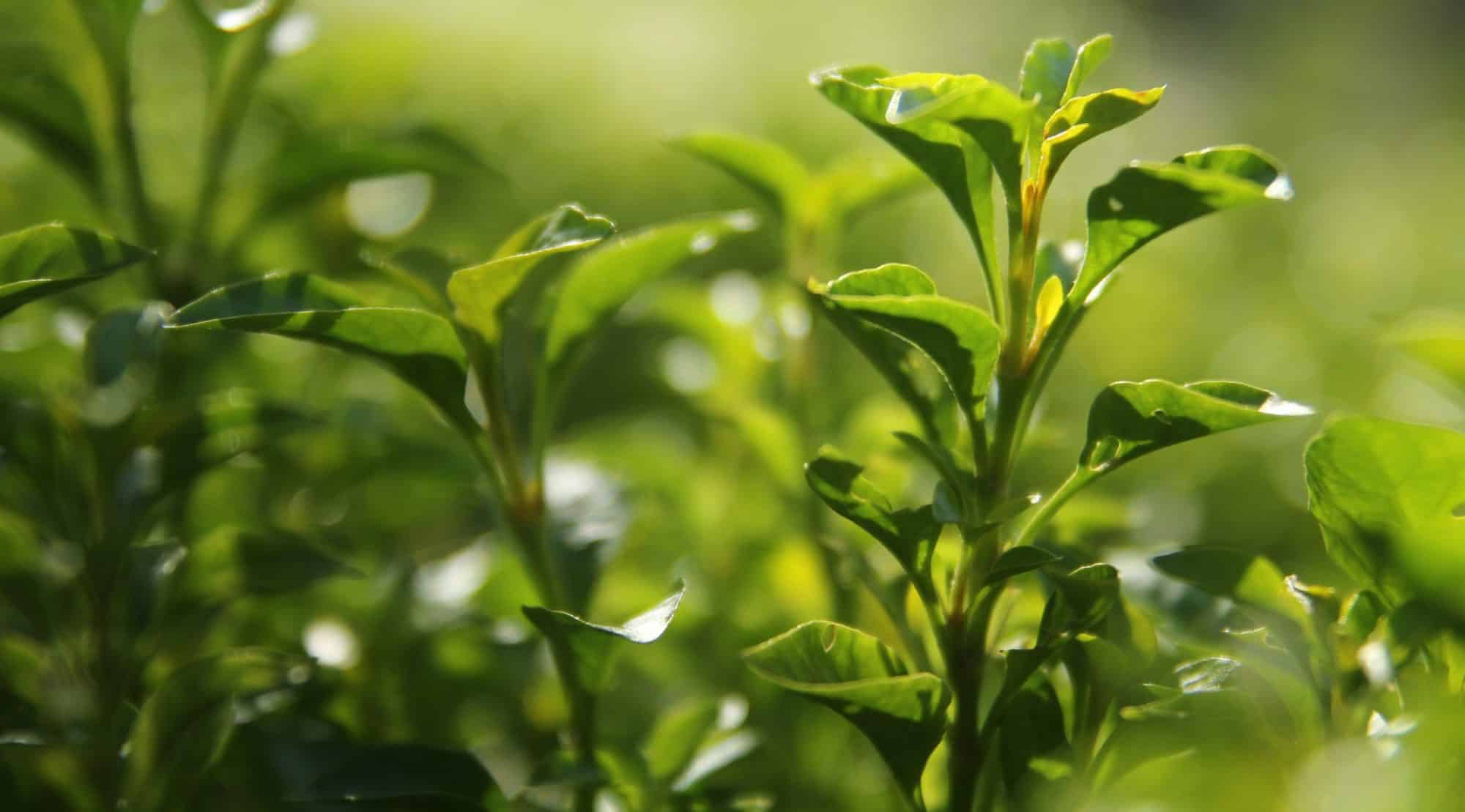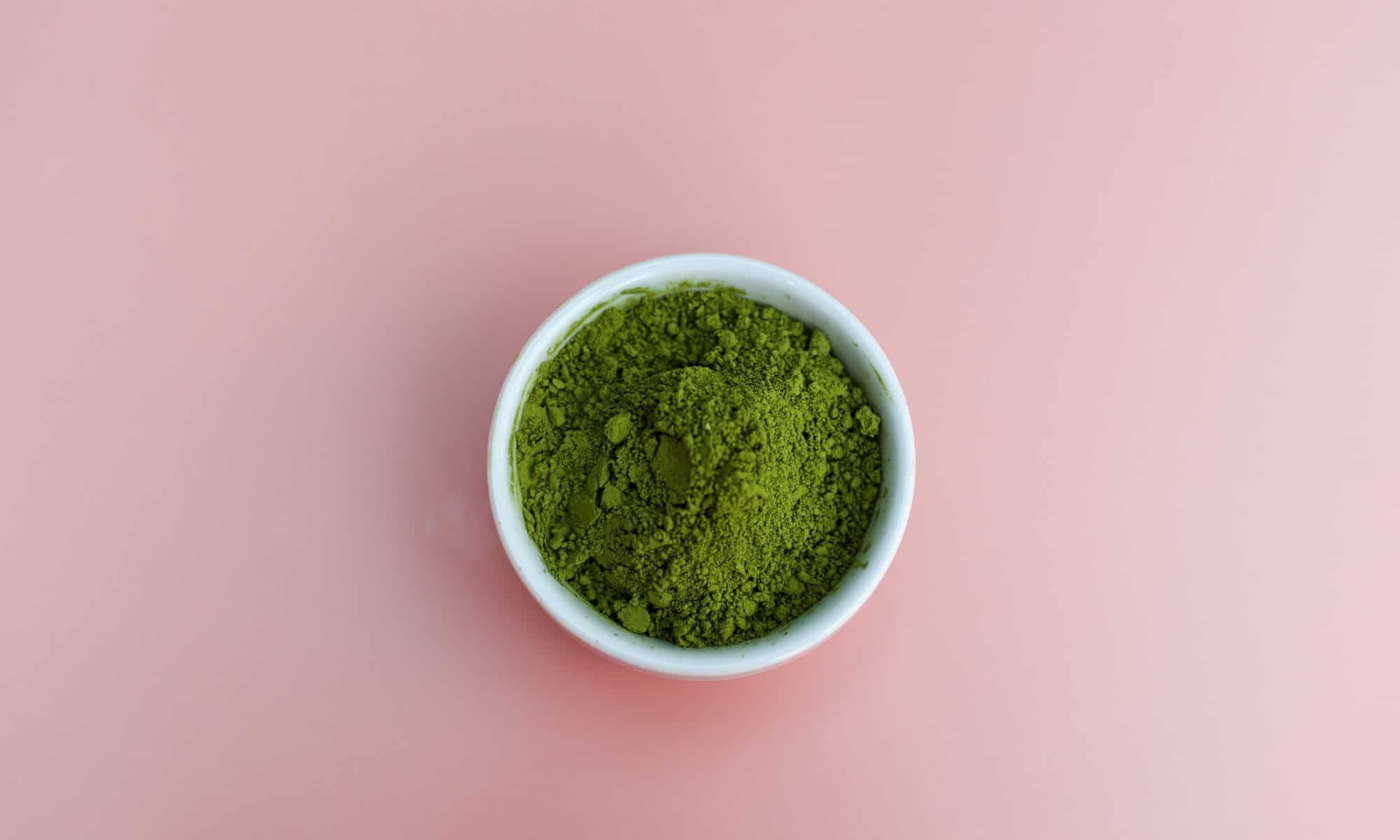In the serene landscapes of ancient Japan, nestled amidst lush green tea fields, a mystical elixir was born—Matcha. The history of Matcha tea dates back centuries, intertwining with Japanese tradition, culture, and spirituality. This long publication delves into the enchanting origins and captivating history of Matcha, unearthing the secrets of this vibrant green powdered tea that has enchanted the world with its taste and countless health benefits.
Origins: A Tale of Serendipity and Zen
The origins of Matcha tea are steeped in legends that blend history and folklore. The story begins in the 9th century when a renowned Buddhist monk, Eichu, returned from his travels to China, bearing the knowledge of powdered tea leaves. Intrigued by this novel form of tea, Eichu shared his discovery with fellow monks in Japan’s monasteries, where the Zen Buddhist philosophy of meditation and mindfulness was cultivated.
The cultivation of Matcha tea was elevated to an art form by another distinguished monk, Eisai, who brought seeds from China and planted them in the fertile soils of Kyoto. Eisai extolled the virtues of Matcha, praising its ability to enhance meditation and focus. Thus, the seeds of Matcha were sown, and its roots firmly established in the traditions of Zen monasteries.
The Zen Connection: Matcha and the Tea Ceremony
As the practice of drinking Matcha tea spread throughout Japan, it found a sacred home in the revered Japanese tea ceremony, known as “Chanoyu” or “Sado.” The tea ceremony, an embodiment of harmony, respect, purity, and tranquility, seamlessly blended with the principles of Zen Buddhism.
Under the tutelage of tea masters, the preparation and consumption of Matcha tea became an art of grace and mindfulness. The ceremonial preparation of Matcha involves a precise ritual, where tea leaves are skillfully whisked into a frothy emerald-green elixir. The tea ceremony transcends mere refreshment, transforming into a spiritual experience—a moment to be fully present and attuned to the essence of the tea.
Matcha and Samurai Culture
Intriguingly, Matcha tea found favor beyond the Zen temples and became a cultural icon, beloved by the elite and samurai class. With a focus on mental clarity and physical energy, Matcha became the preferred beverage for samurai warriors before heading into battles, boosting their concentration and resilience on the battlefield.
The reverence for Matcha extended to the powerful shoguns and aristocracy, with tea ceremonies evolving into a symbol of status and refinement. The profound appreciation for Matcha permeated Japanese culture, leaving a lasting legacy in its art, literature, and way of life.
The Age of Modern Matcha
As Japan underwent periods of cultural transformation and modernization, the legacy of Matcha endured. In the 20th century, advancements in tea cultivation and production techniques further refined the quality and taste of Matcha. The widespread popularity of Matcha, both in traditional tea ceremonies and contemporary consumption, led to its international recognition.
In the 21st century, Matcha tea experienced a global resurgence as a superfood. Its remarkable nutritional profile, brimming with antioxidants and nutrients, catapulted Matcha into the limelight as a favored choice among health enthusiasts and wellness seekers.
The Global Matcha Craze
Today, Matcha has transcended its ancient origins and is celebrated around the world for its unique flavor, vivid green hue, and exceptional health benefits. From Japan to the West, cafes and tea houses offer an array of Matcha-infused beverages and culinary delights, appealing to a diverse audience of connoisseurs and newcomers alike.
Matcha enthusiasts have embraced the versatility of this powdered tea, incorporating it into lattes, smoothies, desserthttps://matchatea-lover.com/blog/category/matcha-tea-cafes/s, and even savory dishes. Its adaptability has sparked a culinary revolution, captivating chefs and home cooks with its earthy and subtly sweet flavor.
Matcha Tea: A Legacy That Endures
From its humble beginnings as a treasured beverage of Zen monks to its esteemed status as a global phenomenon, Matcha tea’s journey is a testament to its enduring appeal. Rooted in tradition and spirituality, Matcha has transcended centuries to become a symbol of harmony, mindfulness, and well-being.
As we sip our cups of frothy Matcha, we connect with a rich history that bridges the gap between ancient traditions and modern wellness. The vibrant green elixir continues to captivate hearts and palates, serving as a reminder of the profound harmony that can be found in a simple cup of tea. Let us raise our chawans (tea bowls) to Matcha—the essence of Zen, the elixir of harmony, and the embodiment of timeless tradition.


2 Replies to “Unearthing the Elixir of Zen: The Fascinating Origins and Rich History of Matcha Tea”